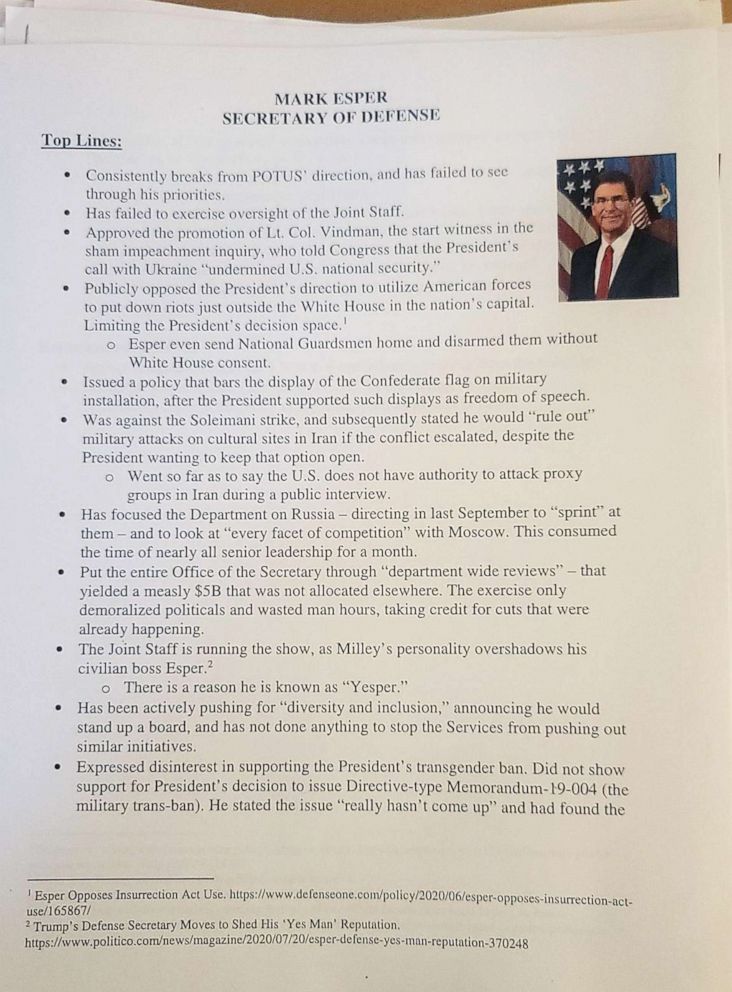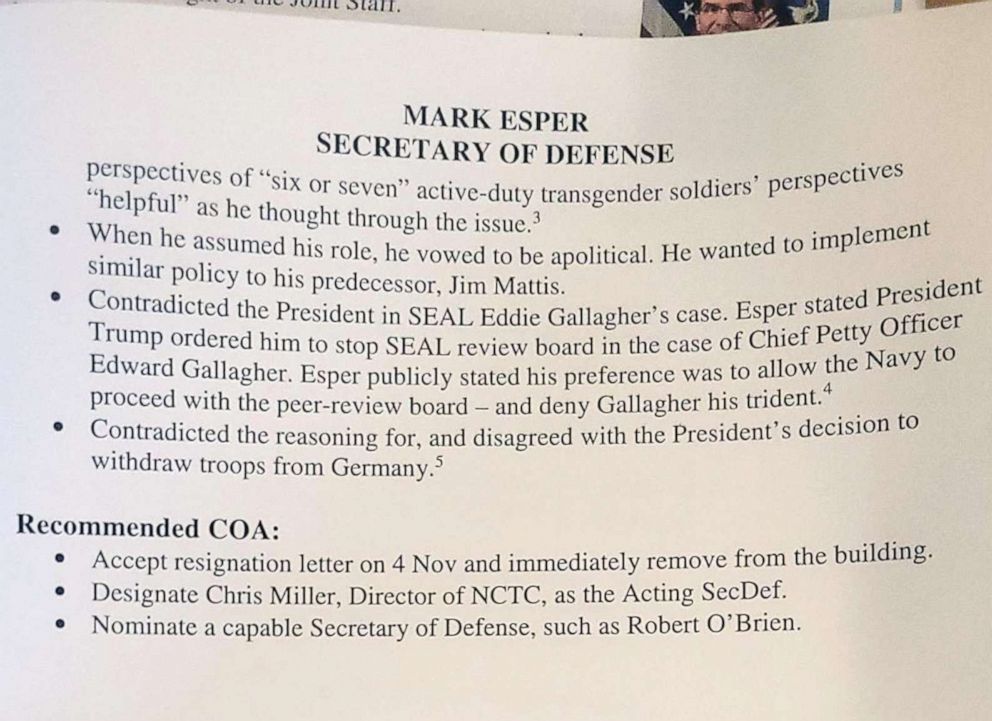
(WASHINGTON) — The Justice Department has charged former White House chief strategist Steve Bannon with two counts of criminal contempt of Congress over his defiance of a subpoena from the select committee investigating the Jan. 6 assault on the U.S. Capitol.
The indictment sets off what will likely be a contentious legal battle with significant ramifications for the Jan. 6 committee as it seeks to compel other witnesses to testify about the events leading up to the attempted insurrection, including any communications they may have had with former President Donald Trump.
The case also presents an extraordinary test for the Justice Department under Attorney General Merrick Garland, who has made restoring DOJ’s independence from politicization one of the top priorities of his tenure.
In a recent appearance in front of the House Judiciary Committee, Garland told lawmakers the department would follow “the facts and the law” in its consideration of the contempt referral voted on by the full House of Representatives last month.
Given Bannon was indicted on two counts, if he is convicted on both a judge could decide to stack the counts and he could potentially face a max sentence of two years in jail. His fine on each count could be between $100 and $1000.
While Bannon, if convicted, faces the prospect of a max sentence that could amount to up to 12 months in prison and fines of as much as $100,000 — such prosecutions are rare, and if history is any guide the legal fight could potentially drag on for years and face additional hurdles on appeal.
Reps. Bennie Thompson, D-Miss., and Liz Cheney, R-Wyo., the chairman and co-chair of the House Jan. 6 select committee, issued a response to news of Bannon’s indictment Friday afternoon.
“Steve Bannon’s indictment should send a clear message to anyone who thinks they can ignore the Select Committee or try to stonewall our investigation: no one is above the law,” they sad in a joint statement. “We will not hesitate to use the tools at our disposal to get the information we need.”
The last time a criminal contempt case was brought by the Justice Department was in 1983 during the Reagan Administration against an EPA official who was eventually found not guilty by a jury at trial.
Committee members have sought Bannon’s testimony citing his comments leading up to the Jan. 6 attack, including his promotions of the so-called ‘Stop the Steal’ effort and the day before when he predicted on his podcast that “all hell is going to break loose” in Washington.
In its original letter to Bannon seeking his deposition, the committee also raised reports that Bannon and other allies held meetings at the Willard Hotel in Washington leading up Jan. 6, where they strategized about ways to stop or delay Congress’ certification of Biden’s election win.
An attorney for Bannon has repeatedly said his refusal to comply with the committee’s subpoena stems from an assertion of executive privilege made by Trump, though legal experts have cast doubt on the merits of that claim both due to Trump’s status a former president and the fact that Bannon was not a White House advisor at the time of the alleged communications.
Copyright © 2021, ABC Audio. All rights reserved.











